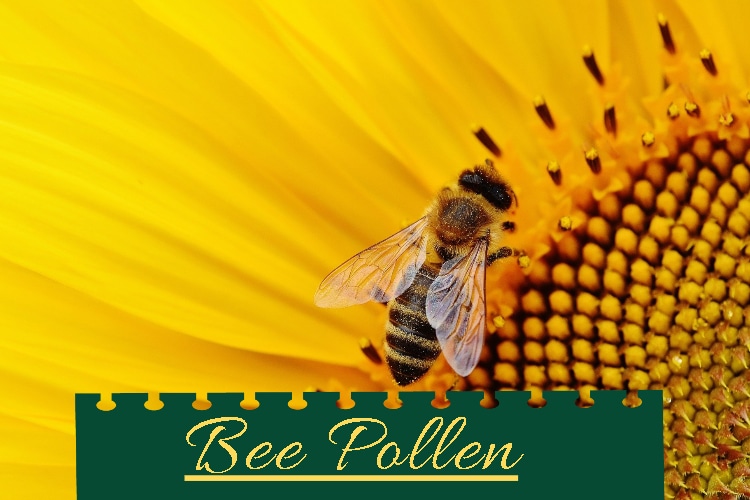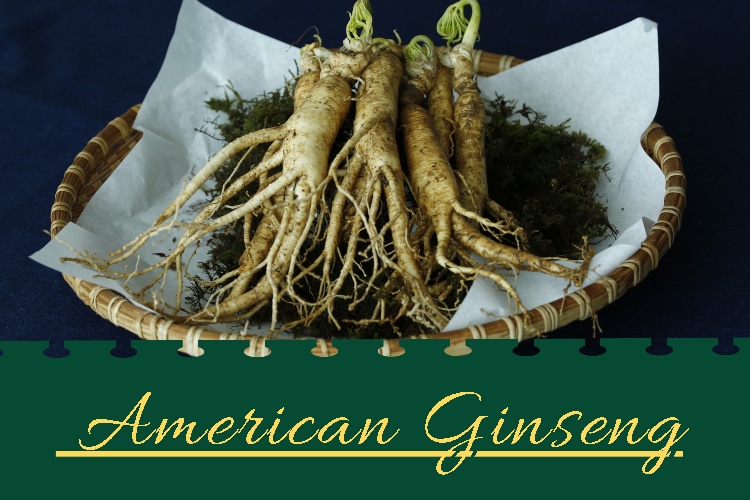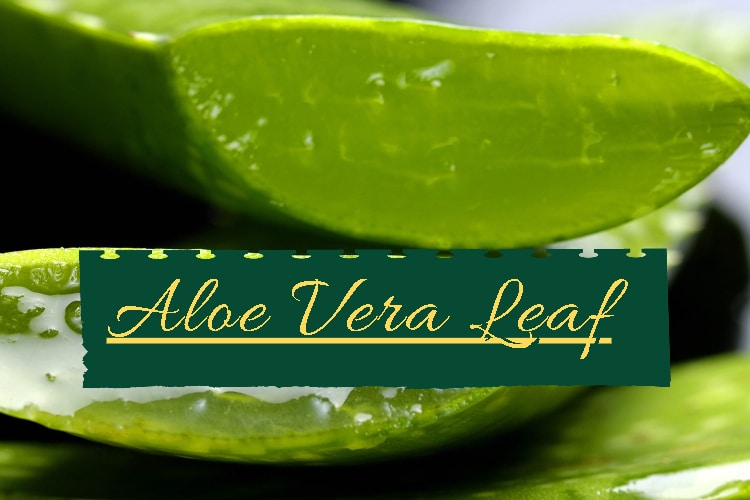
4 Impressive Benefits of Allspice
Allspice relieves colic, flatulence, and other digestive disorders Allspice. Long used as a flavoring and scenting agent, the herb is an aromatic stimulant and carminative for the gastrointestinal tract. Allspice is a natural source of beta-carotene and other important nutrients and acts as an antioxidant and anti-inflammatory.
Table of Contents
Plant Description
Native to the Caribbean Islands (most notably Jamaica), South and Central America, Allspice is an evergreen tree that grows to a height of fifty feet. A tender, aromatic tree with thin, oblong, leathery leaves and small, white flowers bloom in the spring and summer.
The flowers are followed by the dark brown berries that are so important in herbal medicines and cuisines, and the tree thrives in rich, well-drained, sandy soil in sun at a minimum of fifty-nine degrees Fahrenheit.
History
Allspice was discovered growing in Jamaica by early Spanish explorers who were impressed with the taste and aroma of the leaves and berries, and it has been in continuous production there since about 1509. Because Allspice resembles peppercorns, it was named Pimenta by the Portuguese and Pimenta by the Spanish – both meaning pepper. Used mainly as a spice and condiment, Allspice was in great demand as a soothing anesthetic in baths to relieve sore muscles and made a stimulating spice plaster to relieve rheumatism and neuralgia.
At the end of the nineteenth century, it became fashionable to have umbrellas and walking sticks made of pimento, leading to strict enforcement of controls that saved the young trees from disappearing altogether. Allspice, with its flavor of cloves, cinnamon, and nutmeg, has always been an important spice and condiment and was added to mulled wine and curry, among other dishes.
It has also been used widely to improve the flavor of commercial medicines. The main constituents of Allspice are the volatile oils found in its seeds and phenol eugenol (which doubtless gives it its clove-like odor). Some of the other constituents include a fixed oil (bonastre), tannin, gum, resin, malic and gallic acids, lignin, and it is a natural source of beta-carotene and other important nutrients.
Medical Uses
Aids in Digestion
Allspice is an aromatic stimulant and carminative for the gastrointestinal tract. As such, it has been helpful in treating diarrhea and helps to correct flatulent indigestion and the “griping” tendencies (sharp pains and grumbling in the bowels) often associated with the use of laxatives.
As a pungent, warming herb, Allspice has a tonic effect on the digestive system, improving digestive disorders, such as dyspepsia, colic, and indigestion, and is known to pep up a sluggish appetite.
Promotes Neurological Health
The essential oil in Allspice is considered a tonic for the nervous system and exerts a gentle, strengthening effect on the nerves. It believed to be useful in the treatment of nervous exhaustion, hysterical paroxysms, and convulsions.
Antioxidant Capacity
Allspice is considered an antioxidant or substance that prevents free radical or oxidative damage to body tissue and cells.
Improves Circulation
Allspice is very warming and when used externally helps to relieve chest infections and the pains of rheumatism and muscle soreness.
Precaution
Although it is clearly a healthy, beneficial spice, it can cause serious allergic reactions in hypersensitive individuals. Also, if you have existing gastric ulcers or ulcerative colitis, it is best to avoid using this spice, as it can exacerbate the conditions. As always, before making any major change to your diet or trying out new things, consult a medical professional to make sure the effects won’t be negative.






